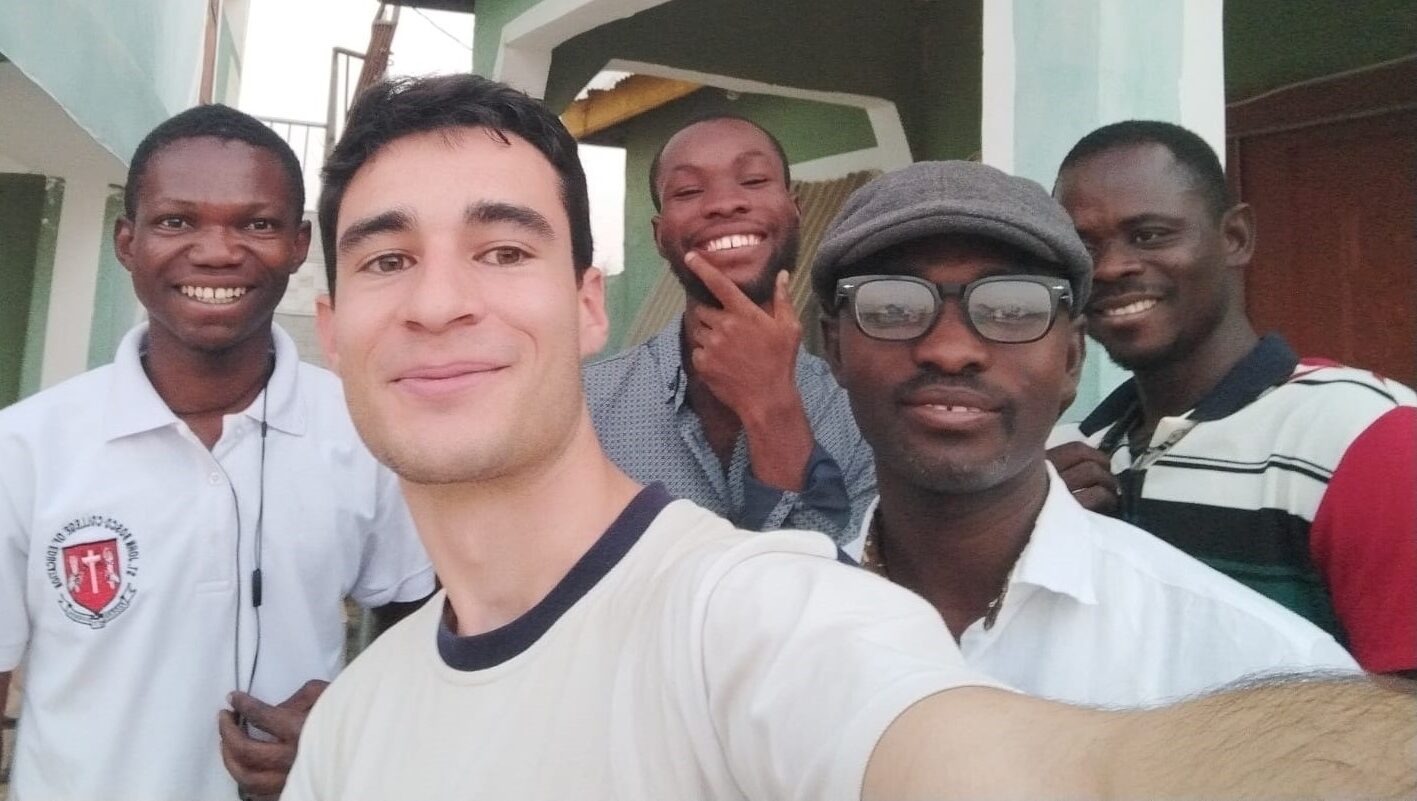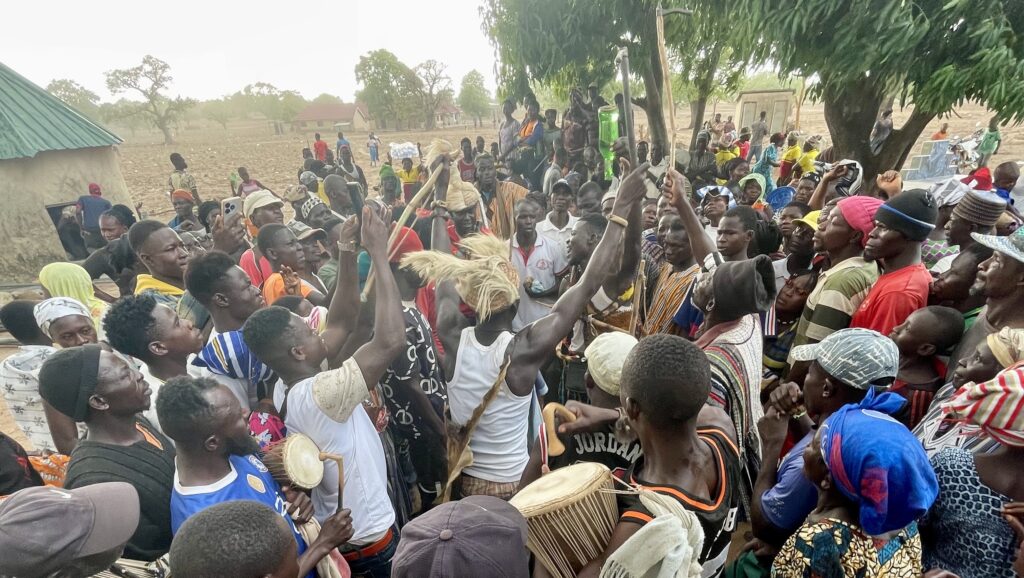The past few weeks have been somewhat of a rollercoaster. My days shifted from being packed with a variety of activities to spending extended periods at home, grappling with how to occupy my time. This transition was intriguing and certainly taught me to be resourceful in finding ways to spend my time. As I mentioned in my first blog, Kongo village is not very large. This doesn’t mean there is nothing to do; it simply requires a bit of creativity to discover ways to spend time. It made me appreciate the small things so much more. For example, playing baseball with the kids after their ICT lesson or watching the sunset at the beautiful Pitanga rocks.

As part of my role as a women’s empowerment officer in Kongo village, I have been gathering information about the various groups of women in Kongo. I have been collecting details about the products they make, their backgrounds, and their biggest challenges. Over the past few days, I have been interviewing women from the basket weavers group. We discussed their time in the group, their experience with weaving, their personal lives, and much more. These conversations were incredibly insightful and allowed me to get to know each of them on a deeper level.

However, it was also quite confronting to learn about the harsh realities some of these women and their families face. In recents years, everything has become more expensive. So even though the income from the basket weaving is helping significantly with earning an income, sometimes economic hardship compels them to leave their homes and move to larger cities in search of income.
Over the years, climate change has significantly impacted the basket weavers’ work, making it increasingly difficult to turn a profit. The rising temperatures have resulted in less abundant and lower-quality grass, which is essential for basket weaving. Consequently, more grass is needed to complete a single basket. Coupled with the increased fuel prices, the cost of grass has more than doubled. With the result that after purchasing all the necessary materials, there is little money left to support their families. What makes it even more poignant is that many of these women are the sole providers for their families, struggling to meet the basic needs of their children. Despite these challenges, they remain positive and hopeful for the future. Their resilience and unwavering positivity are qualities that will stay with me for a long time.



